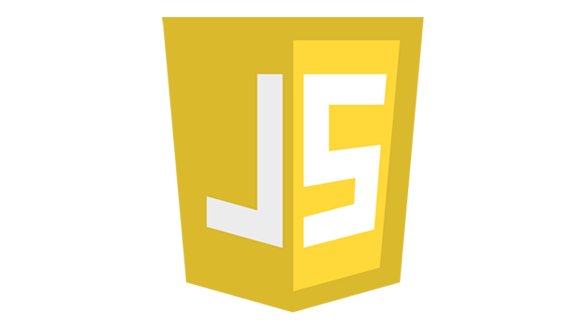JavaScript
JavaScript is most commonly used as a client side scripting language. This means that JavaScript code is written into an HTML page. When a user requests an HTML page with JavaScript in it, the script is sent to the browser and it’s up to the browser to do something with it. The fact that the script is in the HTML page means that your scripts can be seen and copied by whoever views your page. Nonetheless, to my mind this openness is a great advantage, because the flip side is that you can view, study and use any JavaScript you encounter on the WWW. JavaScript can be used in other contexts than a Web browser. Netscape created server-side JavaScript as a CGI-language that can do roughly the same as Perl or ASP.

The JavaScript language
JavaScript is not a programming language in strict sense. Instead, it is a scripting language because it uses the browser to do the dirty work. If you command an image to be replaced by another one, JavaScript tells the browser to go do it. Because the browser actually does the work, you only need to pull some strings by writing some relatively easy lines of code. That’s what makes JavaScript an easy language to start with. But don’t be fooled by some beginner’s luck: JavaScript can be pretty difficult, too. First of all, despite its simple appearance it is a full fledged programming language: it is possible to write quite complex programs in JavaScript. This is rarely necessary when dealing with web pages, but it is possible. This means that there are some complex programming structures that you’ll only understand after protracted studies. Secondly, and more importantly, there are the browser differences. Though modern web browsers all support JavaScript, there is no sacred law that says they should support exactly the same JavaScript. A large part of this site is devoted to exploring and explaining these browser differences and finding ways to cope with them. So basic JavaScript is easy to learn, but when you start writing advanced scripts browser differences (and occasionally syntactic problems) will creep up.
Why JavaScript?
When JavaScript was created, it initially had another name: “LiveScript”. But Java was very popular at that time, so it was decided that positioning a new language as a “younger brother” of Java would help. But as it evolved, JavaScript became a fully independent language with its own specification called ECMA Script, and now it has no relation to Java at all.

